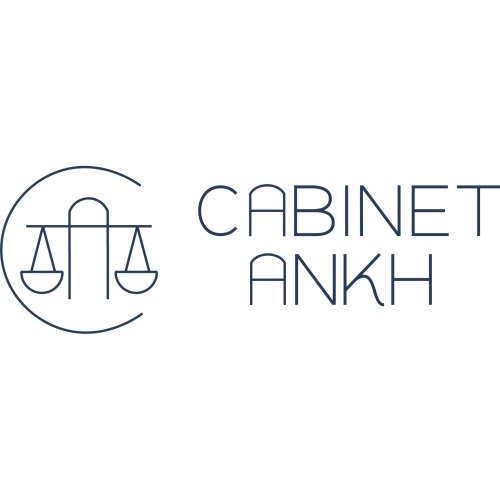Best Permanent Residency Lawyers in Paris
Share your needs with us, get contacted by law firms.
Free. Takes 2 min.
List of the best lawyers in Paris, France
About Permanent Residency Law in Paris, France
In Paris, France, obtaining permanent residency is a process governed by French immigration law. Individuals who wish to live in Paris permanently have to apply for a 'Carte de Resident', a form of long-term visa equivalent to permanent residency. This often involves demonstrating a continuous and stable income, having health insurance coverage, and showing integration into French society, which may include language proficiency.
Why You May Need a Lawyer
Legal help may be necessary during the application process as French immigration laws and procedures may be complicated. Furthermore, the application requires navigating through a vast amount of paperwork, which may be difficult to understand. A lawyer would ensure that the application is complete and compliant with all French immigration law requirements. This legal assistance becomes crucial in certain cases, such as if you are planning to bring other family members to France, if you need to appeal a rejected application, or if there are legal implications related to your work or income situation.
Local Laws Overview
The key legal aspect of permanent residency in France requires you to have lived legally in the country for at least five years. You should also demonstrate a steady income source, and be able to provide for yourself without relying on social benefits. Individuals applying for permanent residency must also exhibit a good command of the French language, thereby showing their integration into French society. It's important to note that based on French law, a long-term visa can be withdrawn for a serious criminal offense.
Frequently Asked Questions
1. What is the difference between a long-term visa and permanent residency?
A long-term visa allows an individual to work and live in France, whereas permanent residency implies that France is their permanent home. A permanent resident has more rights than a visa holder, such as voting in local elections.
2. How long does it take to get permanent residency?
After living in France for a minimum of five years, one can apply for permanent residency. But processing time may take longer depending on individual cases.
3. Can I bring my family to France if I get Permanent Residency?
Yes, once granted permanent residency, you can apply for family reunification to bring your spouse and children to France.
4. What happens if my application for Permanent Residency is rejected?
If your application has been rejected, you have the right to appeal, and you may want to seek legal advice to do so.
5. Can a Permanent Residency be revoked?
Permanent Residency can be revoked if the holder is found guilty of a serious crime or if they largely rely on social benefits.
Additional Resources
For further information, you can reach out to the French Office of Immigration and Integration (OFII), the official body responsible for immigration procedures. Additionally, the France.fr website is a government-backed source providing helpful information regarding residency procedures. Websites like Expatica and Paris.fr may also provide additional insights and guidance for individuals and families moving to Paris.
Next Steps
If you require legal assistance, identify a local immigration lawyer or a legal organization specializing in immigration laws. Ensure that your paperwork is complete before applying, and keep up to date with any changes in French immigration law. Most importantly, ensure your immigration plans align with personal circumstances for an optimal outcome.
Lawzana helps you find the best lawyers and law firms in Paris through a curated and pre-screened list of qualified legal professionals. Our platform offers rankings and detailed profiles of attorneys and law firms, allowing you to compare based on practice areas, including Permanent Residency, experience, and client feedback.
Each profile includes a description of the firm's areas of practice, client reviews, team members and partners, year of establishment, spoken languages, office locations, contact information, social media presence, and any published articles or resources. Most firms on our platform speak English and are experienced in both local and international legal matters.
Get a quote from top-rated law firms in Paris, France — quickly, securely, and without unnecessary hassle.
Disclaimer:
The information provided on this page is for general informational purposes only and does not constitute legal advice. While we strive to ensure the accuracy and relevance of the content, legal information may change over time, and interpretations of the law can vary. You should always consult with a qualified legal professional for advice specific to your situation.
We disclaim all liability for actions taken or not taken based on the content of this page. If you believe any information is incorrect or outdated, please contact us, and we will review and update it where appropriate.

















